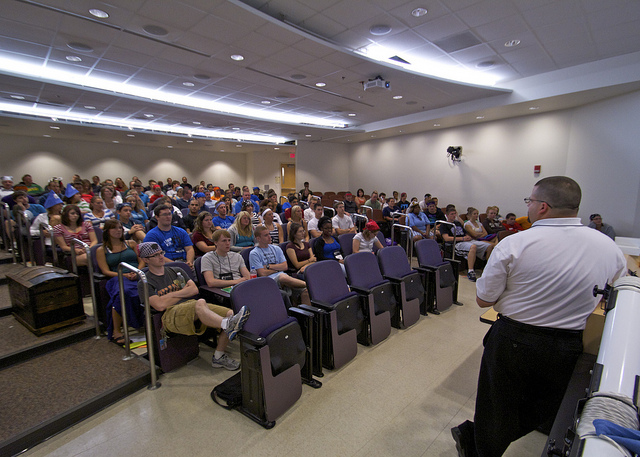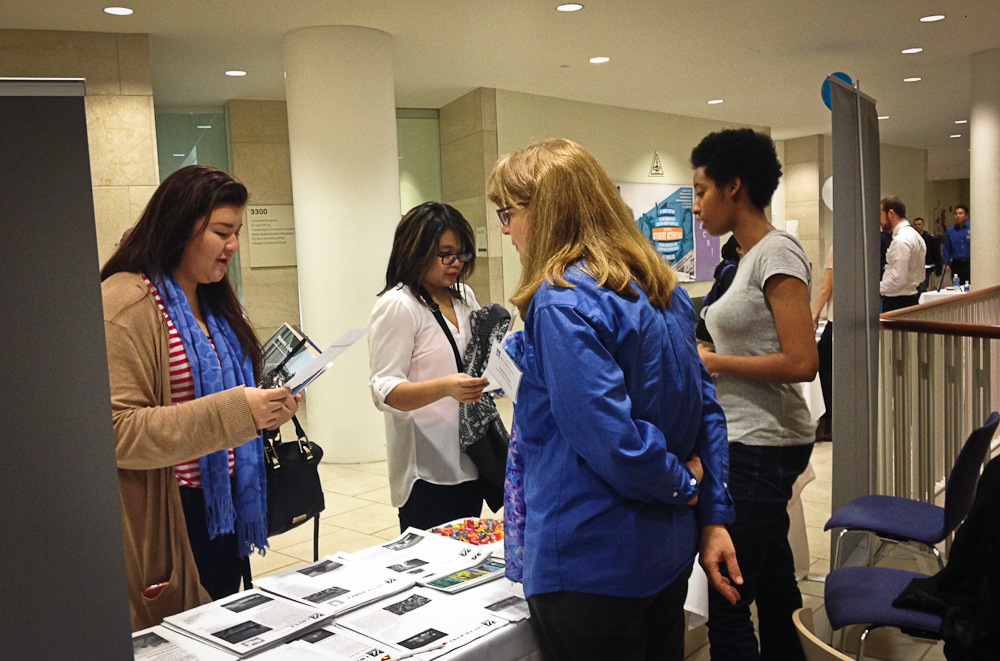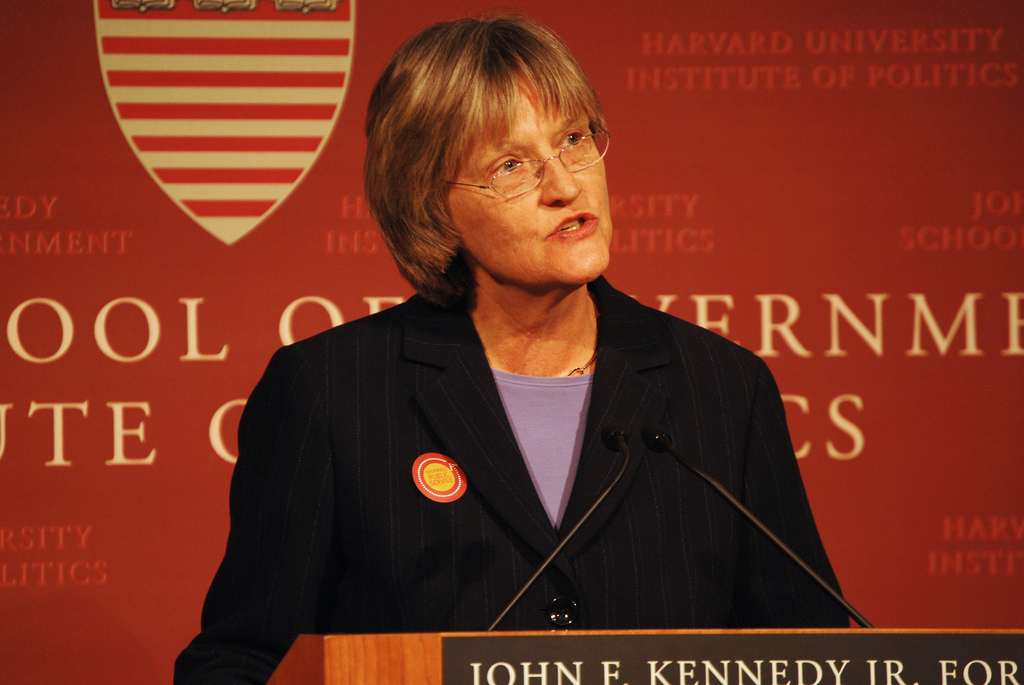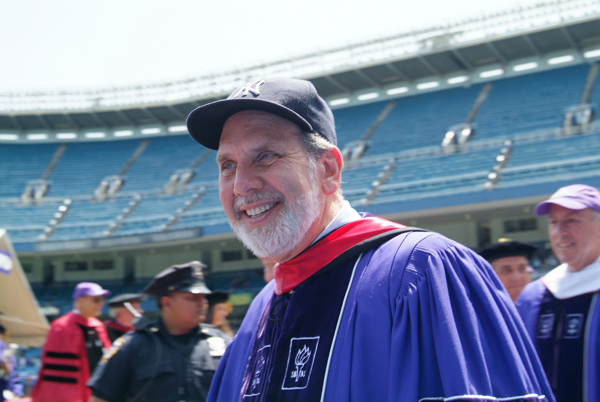Entries in On Campus by Kirk Carapezza and Mallory Noe-Payne

Nearly 90 colleges and universities are now under formal investigation for allegedly mishandling sexual assault cases on campus. Many aspects of the reporting process - and what happens afterward - are now under review, including whose responsibility it is to report cases of sexual assault. Many colleges put resident assistants, who live in dorms, squarely in the middle of the issue.

Employers today want workers who are prepared to work in a global economy. One way students are gaining that exposure is by studying abroad. Today more than 289,000 American students go overseas during college. Still, that's just 10 percent of all students. Now, there’s a national push to make studying abroad more affordable and accessible.

Traditional colleges and universities face a host of challenges: rising costs, skyrocketing student debt and, increasingly, shifting demographics. In New England, the number of high school graduates will decrease in the next two decades, and at risk, higher ed experts say, are high-priced, four-year liberal-arts institutions, schools like Wheaton College in Norton, Massachusetts.
Massachusetts will need to graduate more college students to meet a growing demand for skilled workers. That's the finding of a report released Tuesday by the Department of Higher Education.
The report, called "Degrees of Urgency," finds by 2020 the number of high school graduates in Massachusetts will shrink by 9 percent. Higher Education Commissioner Richard Freeland calls it the perfect storm.
In an unprecedented broad-based survey, the Massachusetts Institute of Technology polled students about their attitudes and experiences with sexual assault on campus. One in six female undergraduate students who responded to the survey say they've experienced sexual assault on the Cambridge campus, although fewer than 5 percent reported the experience to authorities or to the school.

There's a growing skepticism in this country about whether college is really worth it. Now, one of higher education’s heavy hitters is weighing in on that national debate. On Friday, Harvard President Drew Faust kicked off the university’s campaign to make the case for college, writing an op-ed in the USA Today and delivering a speech to high school students and teachers in Dallas.

New York University offers one of this country's most expensive four-year degrees, and it's only getting more expensive.
John Sexton has been president of NYU for over a decade. During that time, the university's real-estate footprint has grown by two million square feet and it's launched 11 international academic centers. Sexton has faced significant criticism for the direction he's taken the school, and for rising costs. Earlier this year he announced he'll step down in 2016.

This fall, Mount Holyoke College in western Massachusetts became the second all women's college in the U.S. to begin accepting applications from transgender students. The announcement was received positively on the South Hadley campus, but it's also raising questions about Mount Holyoke's identity as the oldest women's college in the country.

Schools give two types of scholarships: need-based scholarships that go to the lowest-income students, and merit scholarships that go to the smartest students. A report from the New America Foundation finds schools are increasingly using their money on merit scholarships. Steven Burd authored the report, and he says this trend means more money is going to those who need it the least.











